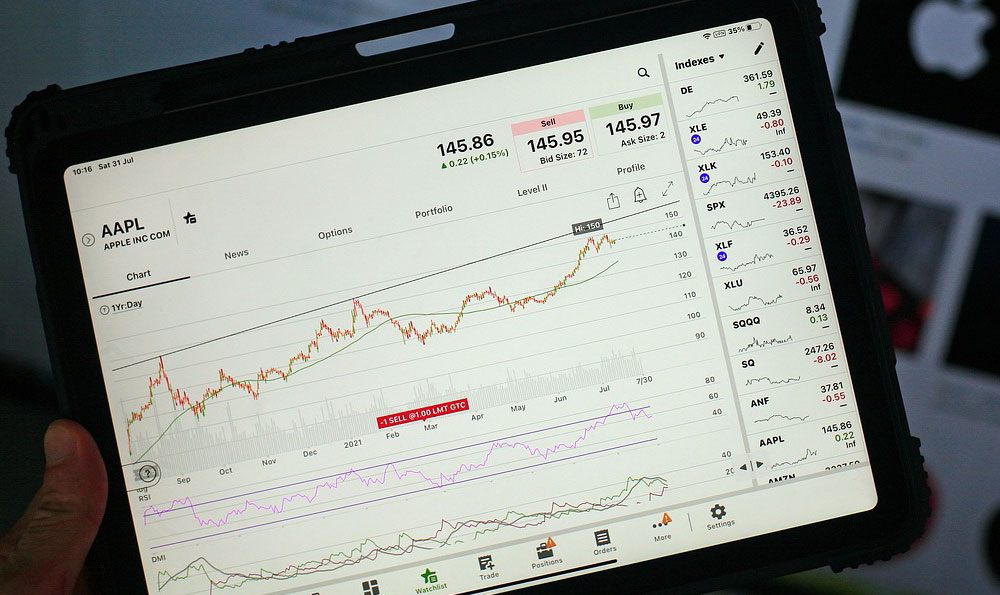Okay, here's an article about investing in SpaceX, written with the requested characteristics:
Investing in SpaceX, a company synonymous with space exploration, reusable rockets, and ambitious interplanetary goals, is a dream shared by many investors. Its innovative spirit and the potential to revolutionize space travel make it a highly desirable addition to any portfolio. However, unlike publicly traded companies readily available on the stock market, investing in SpaceX presents unique challenges and considerations. This article delves into the possible avenues for investment and assesses the feasibility of owning a piece of this groundbreaking enterprise.
The most direct route to investing in a company involves purchasing its shares on a public stock exchange. Sadly, SpaceX remains a privately held company. This strategic decision by Elon Musk and the SpaceX leadership team, while frustrating for many prospective investors, offers several benefits to the company. Remaining private allows SpaceX to prioritize long-term goals over short-term quarterly earnings pressures, which are often the focus of publicly traded companies. This freedom is crucial for a company undertaking such capital-intensive and high-risk ventures as developing reusable rocket technology and planning missions to Mars. Furthermore, avoiding the regulatory burdens and compliance costs associated with being a public company allows SpaceX to allocate more resources towards innovation and development.

Despite not being publicly traded, indirect exposure to SpaceX is sometimes possible through investing in its parent company, X Holdings Corp. However, X Holdings Corp. is also private, making it inaccessible to retail investors. There are also a few publicly traded companies that have strong partnerships or supply chain ties to SpaceX. Investing in these companies might provide some indirect exposure to the success of SpaceX, though the returns would obviously be diluted and dependent on the overall performance of the partner company, not just the performance of SpaceX itself. Identifying these companies requires thorough research and due diligence to understand the extent of their involvement with SpaceX and the potential impact on their stock price. Examples of such companies are difficult to pinpoint definitively, as SpaceX often keeps its supplier relationships confidential. However, companies involved in areas such as advanced materials, satellite technology, and aerospace manufacturing might have some degree of indirect connection.
Another potential, albeit highly speculative, avenue for investment involves participating in secondary market transactions. Shares of private companies sometimes change hands through secondary markets, where existing shareholders sell their shares to other investors. These transactions are typically facilitated by specialized brokers or platforms that cater to accredited investors, who meet specific income or net worth requirements. However, obtaining shares of SpaceX in the secondary market is incredibly difficult. The demand for these shares is exceptionally high, and the availability is extremely limited. Furthermore, the valuation of these shares can be volatile and often subject to significant premiums due to the company's perceived growth potential. Before considering such an investment, it is crucial to conduct thorough due diligence, understand the risks involved, and ensure the legitimacy of the transaction. The lack of transparency and regulatory oversight in the secondary market can make it vulnerable to fraud and scams.
Looking ahead, the possibility of a SpaceX IPO (Initial Public Offering) remains a topic of much speculation. An IPO would allow the company to raise significant capital by offering shares to the public, making it accessible to a wider range of investors. While Elon Musk has expressed reservations about taking SpaceX public in the past, citing concerns about short-term thinking and potential interference with long-term goals, the possibility remains open, particularly as SpaceX matures and its various ventures, such as Starlink, gain traction. The timing of an IPO is highly uncertain and depends on various factors, including market conditions, regulatory considerations, and the company's internal financial performance and strategic objectives. Investors interested in a potential SpaceX IPO should closely monitor news and developments related to the company and consult with a financial advisor to assess the risks and opportunities involved.
Beyond traditional stock investments, other forms of indirect investment might offer a degree of exposure to SpaceX's success. For instance, investing in venture capital funds that focus on the space industry could indirectly support companies that collaborate with or compete against SpaceX. These funds typically invest in a portfolio of early-stage companies with high growth potential, offering diversification across the space sector. However, venture capital investments are inherently risky and illiquid, meaning that it may be difficult to sell the investment quickly and easily. Furthermore, the returns on venture capital investments can vary widely, and there is no guarantee of success.
Finally, a more speculative option is to invest in companies developing space technologies that are complementary to SpaceX's activities, such as companies working on satellite communication, space tourism, or asteroid mining. While these investments would not directly represent ownership in SpaceX, the overall growth and development of the space industry could indirectly benefit these companies and, in turn, their investors. However, it's vital to thoroughly research these companies and their underlying technologies to assess their viability and potential for success. The space industry is still in its early stages, and many ventures face significant technical, financial, and regulatory challenges.
In conclusion, while directly investing in SpaceX remains challenging due to its private status, several indirect avenues may offer exposure to the company's success and the broader growth of the space industry. These options range from investing in partner companies and participating in secondary market transactions to investing in venture capital funds and companies developing complementary space technologies. Each option carries its own set of risks and rewards, and investors should carefully consider their investment goals, risk tolerance, and financial situation before making any decisions. The dream of owning a piece of SpaceX may not be readily attainable, but a well-informed and strategic approach can allow investors to participate in the exciting future of space exploration. As with any investment, thorough due diligence and professional financial advice are crucial for navigating the complexities of the market and making informed investment decisions.












